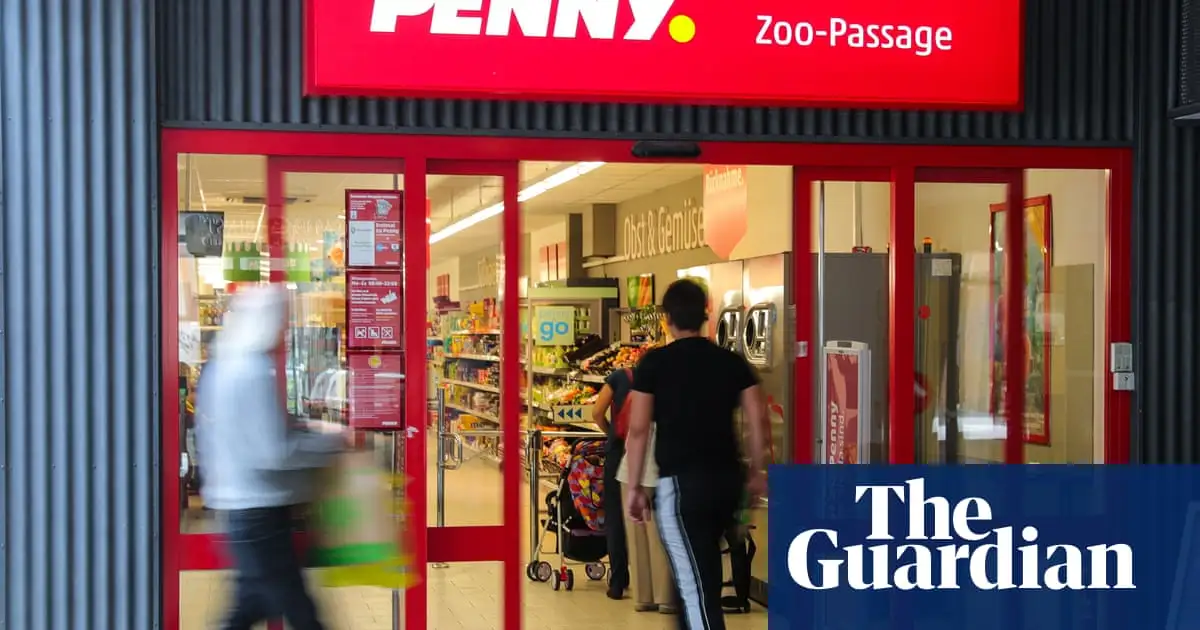cross-posted from: https://sh.itjust.works/post/2111757
A leading discount supermarket in Germany has raised the prices of a selection of its products to reflect their real cost on people’s health and the environment.
In a week-long experiment in all 2,150 branches of the Penny chain, a range of nine products, mainly dairy and meat, will be priced at what experts from two universities have deemed to be their true cost, in relation to their effect on soil, climate, water use and health.
The “wahre Kosten” or “real costs” campaign has seen the price of wiener sausages rise from €3.19 to €6.01, mozzarella go up by 74% to €1.55, and fruit yoghurt increase by 31% from €1.19 to €1.56.
The awareness promotion week is taking place in conjunction with academics from the Nuremberg Institute of Technology and the University of Greifswald, and was triggered by the conviction among consumer researchers that price tags in supermarkets in no way reflect the true environmental or long-term health costs of producing the foodstuffs and getting them on to retailers’ shelves.
Included are a range of foods from cheese and other dairy products to processed meats such as sausages, as well as vegan meat replacements such as vegan schnitzels (which were given a moderate 5% increase). Wiener sausages and the popular maasdamer cheese, which has risen by 94% to €4.84, are among the items to go up most in price. Regarding the cheese, the scientists calculated hidden costs of 85 cents for climate-harming emissions such as methane and CO2, as well as 76 cents for damage to the soil from intensive farming and animal feed production, 63 cents for the effect of pesticides used, including their impact on the health of farmers, as well as 10 cents for pollution of groundwater through the use of fertiliser.
The discounter has said it will donate the excess proceeds it makes from the sales, without commenting on whether it was prepared to take a knock in profits. The charity Zukunftsbauer or Future Farmer, which supports family-run farms in Alpine regions, many of which are increasingly struggling to survive amid low returns or sometimes even making losses on their produce, will be the beneficiary.
“We wish to create an awareness around the hidden environmental costs of groceries,” Penny’s chief operating officer, Stefan Görges, told German media. “We need to put out the uncomfortable message that the prices of our foodstuffs which are accrued along the supply chain in no way reflect the environmental on-costs.”
Dr Amelie Michalke, an industrial engineer and sustainability expert from the University of Greifswald in northern Germany, said it was not yet possible to present the real cost to health and the environment for more than a select range of products. The experiment had therefore been limited to a smaller range for which it had been possible to make realistic calculations. “There is a lack of comprehensive scientific groundwork on this. But we hope this will give us a strong impulse to discuss and consider prices for groceries in a way that is user-friendly and fair,” she said.
So they’re going to offer the better options at a reduced price, right? Right?
Although some options, particularly local and seasonal/situational, likely would require extra planning to get them on shelves at all.
Also I would say I wonder about 2nd-life foods (like say yoghurt made with milk that’d otherwise be dumped due to production issues or oversupply), but then again high prices will likely result in food wastage too especially for something like meat (though maybe they already have a plan for that, still something to think about).
Ah nice another way to punish lower income people for the climate disaster big corporations have made
Internalising costs saves soon-to-be no-income people from the externalised costs the consumer don’t pay for. Subsistence economies shrink (=starve/urbanise) when soils disappear.
Also it’s just ~six products in a single discounter chain for a week.
I don’t agree with Penny (or REWE) getting all the money though.




